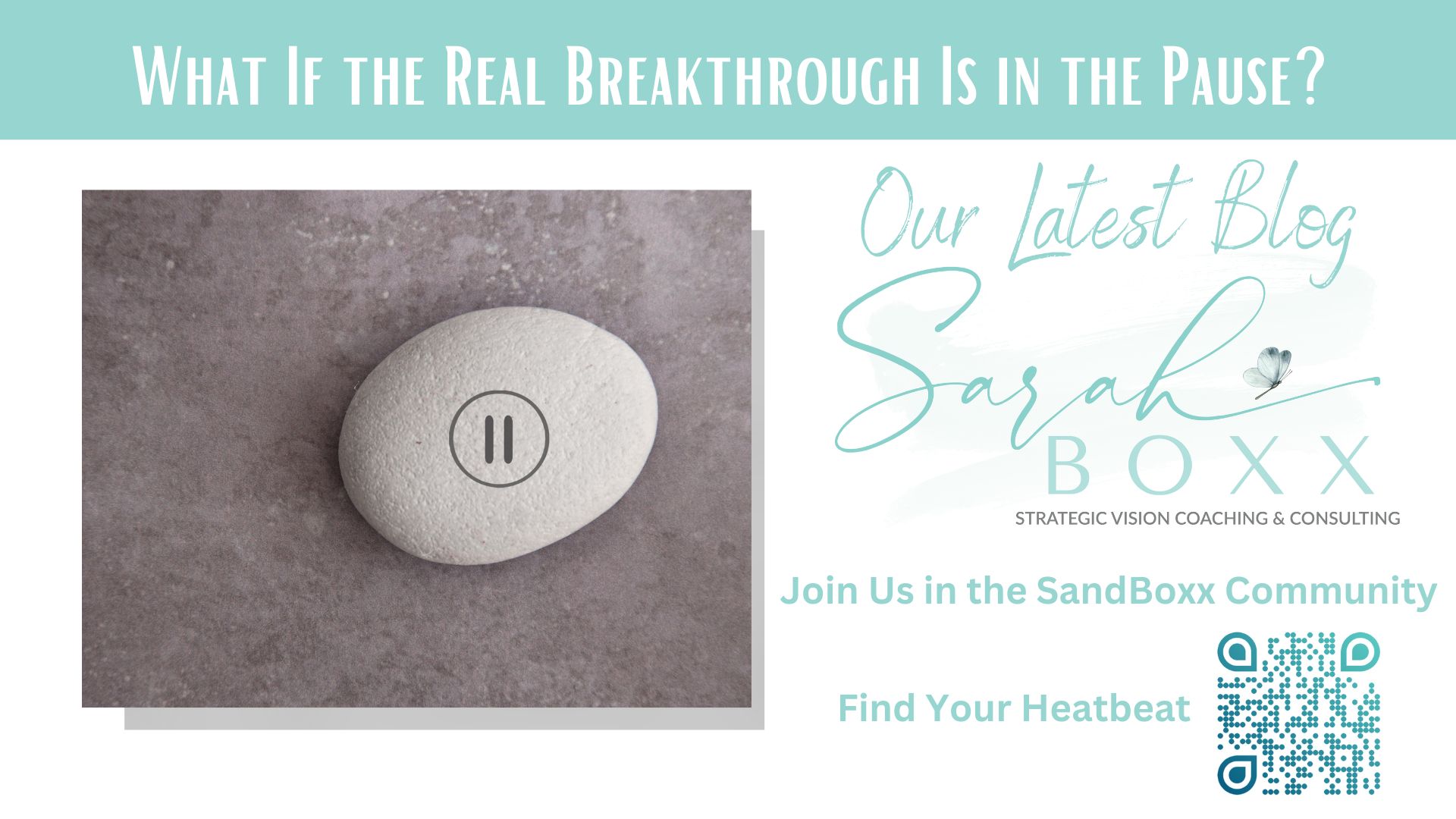You speak multiple languages. So do I. So does the woman in the grocery store line, your neighbor down the street, and the gentleman in the cubicle next door to yours.
We all do.
Before you ask…no, I’m not trying to imply that we are all bilingual. (Though, wouldn’t that be great?!)
We do, however, speak different “languages” to and about ourselves. This inner dialogue fills our thoughts and directs our actions each and every day. In fact, it’s the language we speak to ourselves that has the greatest impact on our lives as a whole.
Of course, this impact can be both positive and negative depending on the situation and the messages you are speaking to yourself.
As I’m sure you’ve experienced, your internal thoughts can take on multiple tones and voices. The nuances of these different “languages” are like a compass steering our ship. They give our lives direction and focus.
Unfortunately, sometimes the direction these inner voices are encouraging us to go isn’t the best for us. At times, the language we speak to ourselves can be downright destructive.
These are the thoughts fueled by fear, anxiety, or self-criticism.
This may sound like:
- “I am unwanted.”
- “I am a burden to others.”
- “I am weak and powerless.”
- “It’s all my fault.”
- “I don’t have what it takes. I am inadequate.”
When this intrusive and fear-based language is given time and space within your mind, it can deter growth, stifle passion, and wreak havoc on your relationships.
Have you ever experienced this?
I sure have. Let me tell you, it’s very difficult to pursue a goal or maintain your motivation when you have a constant loop of “I can’t do this” or “I am inadequate” running through your head.
We’ve all had moments when we’ve fallen into this negative self-talk and given more power to these thoughts than they deserve. That’s okay! It’s part of being human.
That being said, there is another language we can speak!
Learning to pay attention to our inner dialogue and speak to ourselves with respect and kindness is an essential element of personal growth.
I’ll be honest, this takes practice. Like learning any new language, it takes time and intentionality to guide our self-talk in a more positive direction.
How can this be done? Here are a few steps:
Step 1: Awareness
As you go about your week, pay attention to the words you are speaking to yourself. (Seriously, we do it ALL the time.) Make note of any frequent or significant words or phrases. I recommend keeping a small journal with you or simply keeping a record in the Notes app on your phone.
Step 2: Notice Patterns
After a few days of awareness and record keeping, assess your findings. Are there particular trends in your interior language? Specific phrases that keep popping up or general themes or tones? Are there specific situations that elicit different responses? (Ex: Work, parenting, etc.)
Step 3: Change The Message
Most of us have a few internal lies or fears we wrestle with on a regular basis. These are likely the negative phrases you’ve noticed coming up over and over (and over) again. Once you’ve identified yours, it’s important to pair these messages with a counter phrase. This should be a positive replacement for the negative language.
Here are a few examples:
“I don’t have what it takes.” 
“I am unwanted.” 
“I am a burden to others.” 
When you notice negative messages popping into your mind, call to mind your positive replacement phrases. These can be used to zap the negative self-talk of its power.
Want to get more in touch with your own story? Are you ready to learn how to communicate using positive and engaging language?
It’s time to tell your story!
Join me November 2nd, for an Intensive Heart-Centered Storytelling Workshop. In this 90-minute workshop, you’ll learn to turn your internal language into a compelling story you can share with others.
Article was contributed by: Maria Lees, Team Writer with Sarah Boxx




